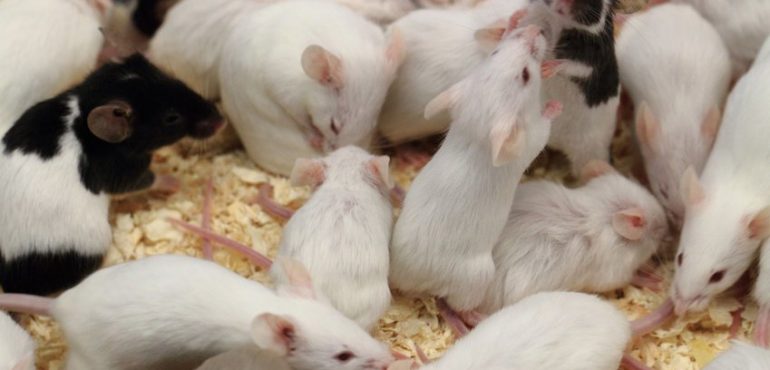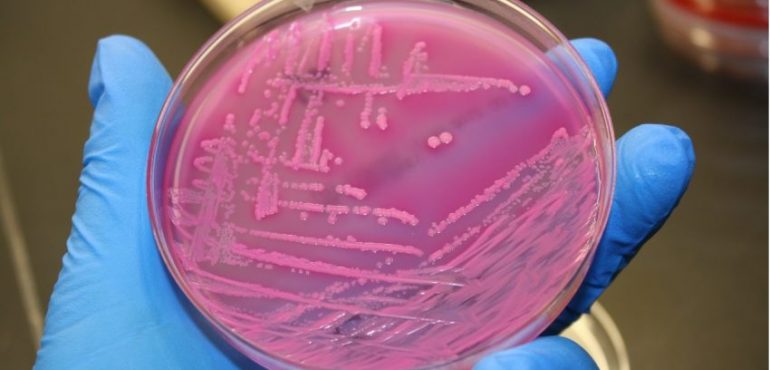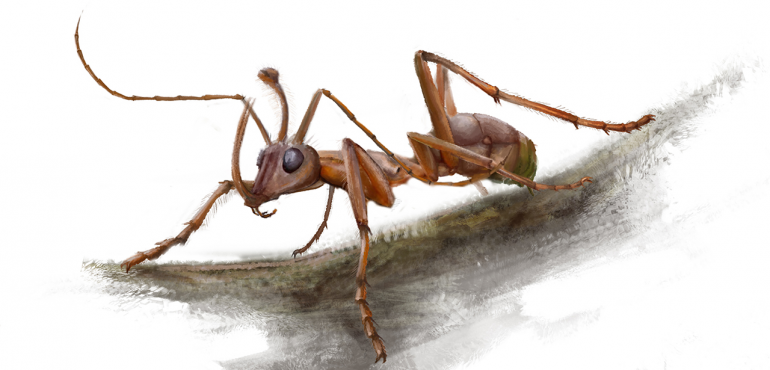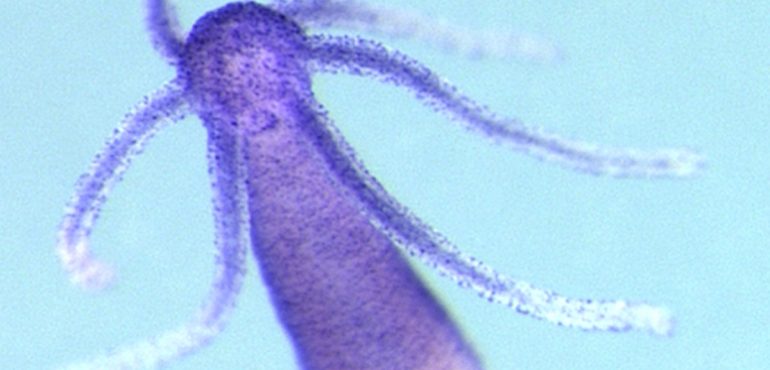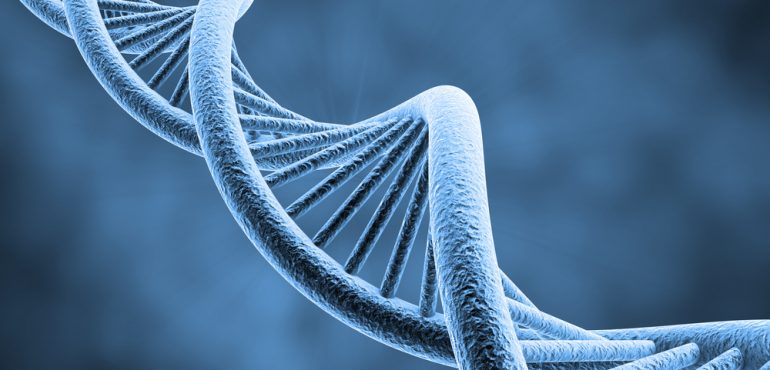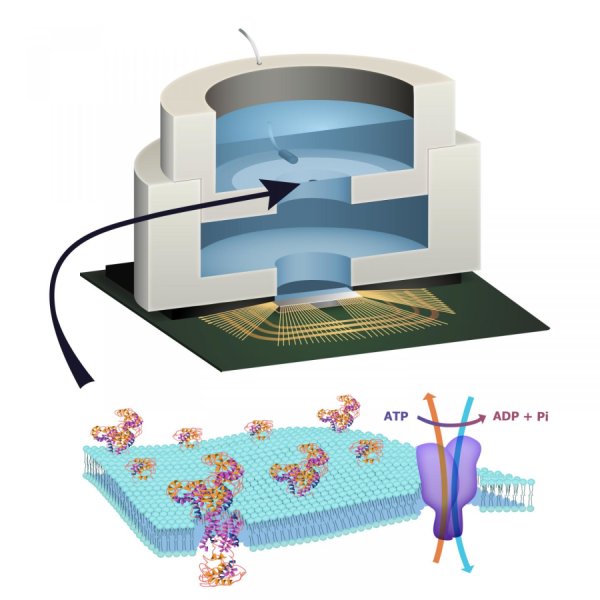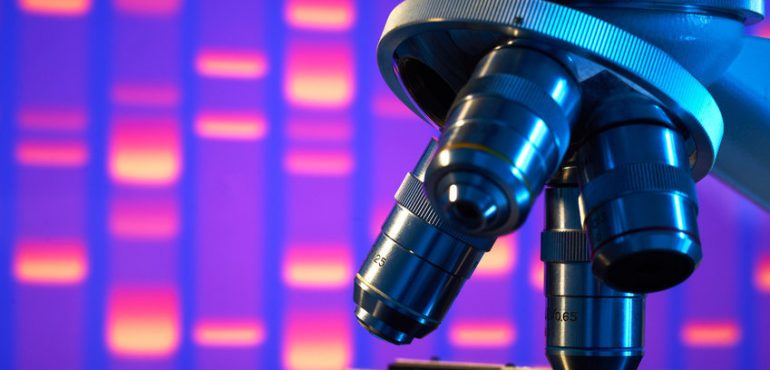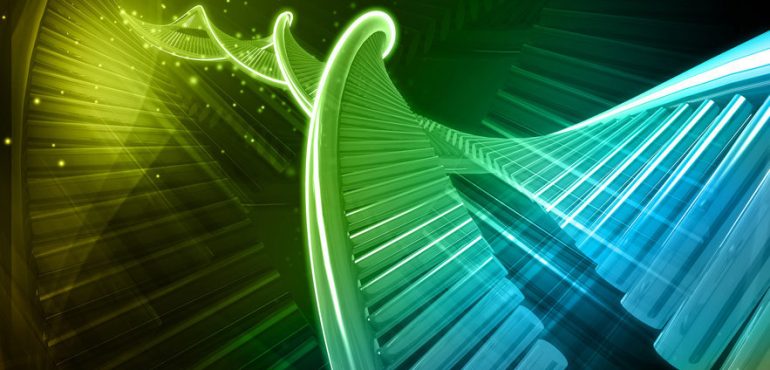The absence of a one specific species of gut bacteria causes social deficits in mice, researchers at Baylor College of Medicine report June 16, 2016 inCell. By adding this bacteria species back to the guts of affected mice, the researchers were able to reverse some of their behavioral deficits, which are reminiscent of symptoms of…
Read more
A single species of gut bacteria can reverse autism-related social behavior in mice
